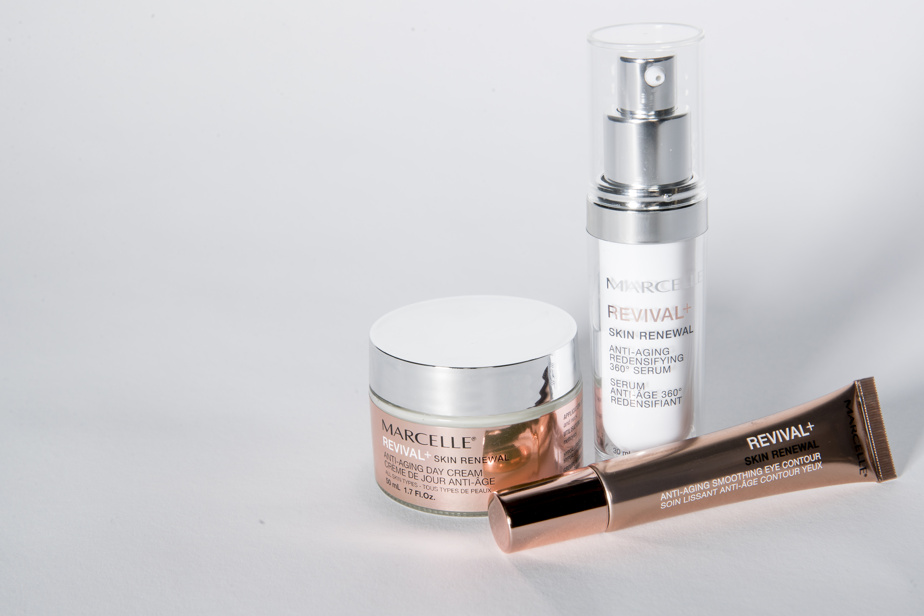
Quebec cosmetics company Groupe Marcelli was ordered Tuesday to pay a $500,000 fine for the violation. Canadian Environmental Protection Act.
Between April 2021 and May 2022, agents from Environment and Climate Change Canada (ECCC) conducted various audits and inspections at Groupe Marcelle's premises in Dorval. They noted that eye and lip pencils from the brands Lise Vatier, Marcelle and Annabelle were being marketed as containing perfluorononyl dimethicone.
However, the marketing of cosmetic products containing perfluorononyl dimethicone is considered a “new activity”. Canadian Environmental Protection Act. In doing so, it is necessary to first provide certain information to the Government of Canada, an obligation which Groupe Marcelli does not respect.
The company has pleaded guilty and the affected products have been removed from the distribution chain, Environment and Climate Change Canada said in a press release. A fine of half a million will be paid to the Environmental Damages Fund and Groupe Marseille will be added to the Register of Environmental Offenders.
Groupe Marcelle does not have perfluorononyl dimethicone
In a press release, Groupe Marcelle confirmed that manufacturers of products where Perfluoronyl Dimethicone was detected “have not informed Groupe Marcelle that they are subject to the requirements resulting from the notice” from the ECCC. Furthermore, the company says that “Health Canada has not reported any concerns” regarding the ingredient.
It also ensures that “distribution of products containing the substance ceases” as soon as notified by the ECCC. Groupe Marcelle “then issued a complete recall of approximately 220,000 units of the affected pencils, which were destroyed. [et] It has since reformulated the affected pencils and stopped using perfluorononyl dimethicone in all its products.”
Perfluorononyl dimethicone makes it possible to increase the hold and durability of cosmetic products. It is part of the perfluoroalkyl and polyfluoroalkyl substances (PFAS), a group of several thousand synthetic substances.
These little known ingredients are found in various concentrations in a wide range of products. They are often referred to as “persistent pollutants” because of their persistence in the environment, according to the National Institute of Public Health of Quebec.





